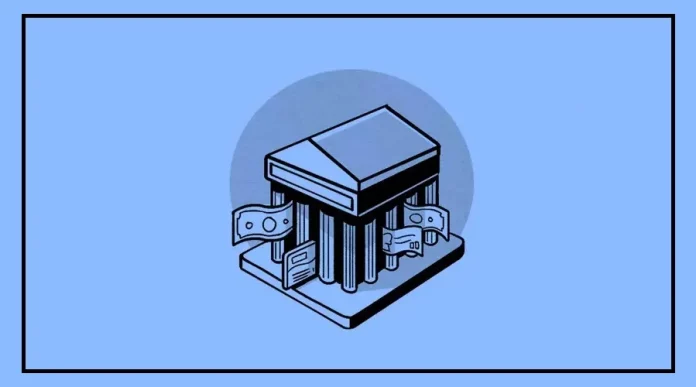With the rise of digital payments in India, UPI (Unified Payments Interface) has become a popular method for transactions.
The National Payment Corporation of India (NPCI) regularly updates UPI to make it more accessible.
A recent change allows people without a bank account to use UPI payments, though this will initially be available to only a few individuals. Here’s a breakdown of what’s new:
What’s Changed?
Previously, having a bank account and a mobile number linked to Aadhaar was mandatory for using UPI.
The new update aims to include those without bank accounts in the UPI system. This change is designed to broaden UPI’s reach and make it accessible to more people.
How Does It Work?
UPI payments can be made using various apps. With the new “Delegated Payment System,” people without a bank account can make payments through a family member’s bank account.
For example, if a family member has a bank account, others in the family can use it for UPI transactions.
The key benefit is that users can manage their payments directly from their own mobile phones.
Availability and Restrictions
This new facility will be available only to holders of savings accounts. It will not apply to those with credit cards or loan accounts.
The primary account holder will have full control, including the ability to grant permission for others to use their UPI for payments.
NPCI hopes this update will increase UPI transactions by making the payment system more inclusive.
